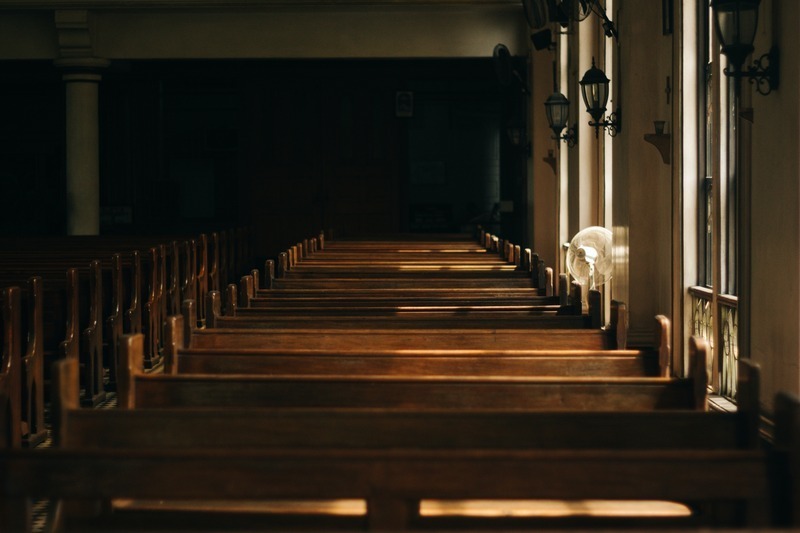
Due to long-standing disagreements over doctrine and the ordination of LGBTQ+ clergy, churches in the wider Tampa Bay area are leaving the United Methodist Church (UMC). The split has been in the works for many years as the UMC has attempted to compromise to satisfy both conservative and progressive elements.
The UMC division has lasted longer than divides in other national mainstream Protestant churches, including the Presbyterian, Episcopal, and Evangelical Lutheran churches, because of similar reasons. The Hartford Institute for Religion Research's Scott Thumma claims that as social standards change to a more progressive position, the discussion of LGBTQ+ problems within the church has also changed.
Tampa Bay Area Churches Break Away from United Methodist Church Over LGBTQ+ Clergy Ordination
According to WUSF Public Media, although such divisions appear dramatic, Thumma emphasizes that denominations have split and merged throughout American history; this is just a natural part of the development of religious life and institutions in the nation. Since he believes that fewer than 25% of UMC churches in the U.S. are disaffiliating, he does not view this as a "schism."
Churches like Palma Ceia United Methodist in South Tampa are quitting the denomination due to entrenched differences in how scripture, theology, and practice should be interpreted. The Florida Conference of the United Methodist Church acknowledged the intense division within the UMC over matters of human sexuality earlier this year when it published information for churches desiring to quit the denomination.
Given that the Book of Discipline now forbids the ordination of practicing gay pastors and the celebration of same-sex weddings, the United Methodist Church (UMC) is currently experiencing conflict and tension in these areas. Only a vote at the General Conference, slated for 2024, can alter these regulations.
According to The Florida Conference of The United Methodist Church, Rev. Emily Hotho suggests congregations seeking assistance in balancing their personal and biblical opinions on the subject speak with their district superintendents. Additionally, she advises churches to consider the consequences of leaving The Florida Conference, including the need to find their own property insurance, rebrand, and remove the cross and flame logo.
Rev. Hotho emphasizes further that, even if the Book of Discipline guidelines were to alter, churches and pastors would still be permitted to attend same-gender weddings—not required. Tensions often subside when this topic is brought up in congregations.
Hyde Park UMC in Tampa's Rev. Magrey deVega has noticed people entering his church from congregations that have left the denomination. As the denomination continues to work through these divisive issues, both Rev. Hotho and Rev. deVega stress the value of staying connected to The United Methodist Church and its history.
Traditional Breakaway Denominations Anticipated to Join Global Methodist Church
The orthodox United Methodist Church sects are anticipated to merge with the newly founded Global Methodist Church in 2022. This new denomination was founded to give churches that uphold conventional beliefs on matters like LGBTQ+ clergy ordination and same-sex marriage a more conservative alternative to the UMC.
According to the Florida chapter of the Wesleyan Covenant Association, a conservative UMC affiliate, many churches seeking to leave the UMC will be joining the Global Methodist Church. The action is consistent with a growing pattern of denominational realignments in reaction to evolving societal standards and doctrinal disputes.
Related Article:United Methodist Church Conference Greenlights Disaffiliation of 264 Tennessee Churches


















